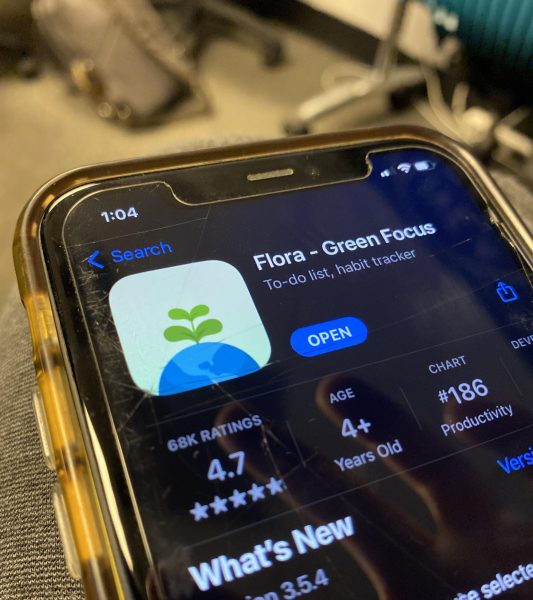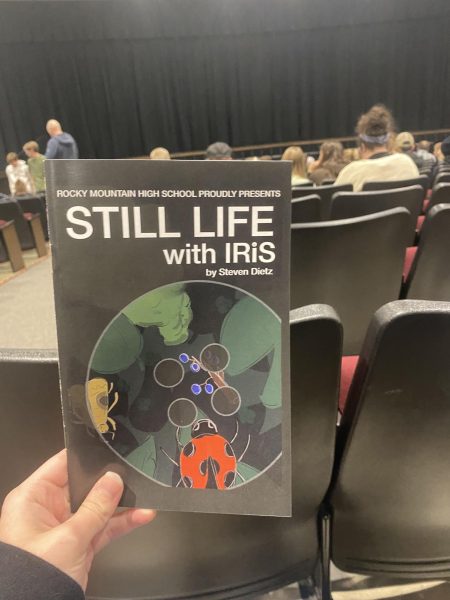Criminal Rights in America

Many criminals who cannot support themselves end up on the streets.
Crime has always been a big part of American politics. Especially because every political party has a different stance on criminal punishment. For example, the typical Republican will say that most crimes involving drugs should be made felonies, and that is, for the most part, an enforced practice in the criminal justice system. However, the criminalization of drug usage or distribution is beginning to be discouraged by some republicans and democrats. Some states are decriminalizing the use of drugs, including New York, Virginia, and Oregon, but even those laws cannot prevent the jailing of someone guilty of only having a drug problem.
With the recent rise in mental health problems, for many people, a majority of them being under 25 years old, drug usage has increased significantly. Unfortunately, starter drugs like marijuana, may lead to harder drugs that are more harmful and illegal. But many people rely on drugs for income and mental relief, especially for those born in poverty with no other options or health care. The forced drug engagement often leads to imprisonment because of the current drug crime policies.
Criminals are not allowed to vote, cannot get employed by most employers, cannot participate in a lot of community activities, and are allowed to be denied service because of their criminal record. This has become a major problem–especially when it comes to voting, as a lot of politicians aim their campaigns towards improving criminal treatment.
To be able to change the world, everyone must be able to have a say in their own future. However, people who couldn’t get by or made small mistakes when they’re young are not allowed to have a say in their future because of their criminal status and entailed inability to vote. incarcerated drug users cannot vote to change criminal policies because they are criminals. It is a bias paradox.
When one has already had a juvenile record and an underage drug conviction under their belt there’s not much they can do with their later on in life. That often leads to even worse drug habits which lead to worse convictions. After all of that, if someone were to commit to improvement can’t support themselves with criminal records and a drug abuse history because it is significantly harder to find employment with a record.
Because teens cannot support themselves, we have a looping situation in which depressed teens are destined to become just as depressed in adulthood. Many formerly incarcerated people have the potential to contribute and improve our society but are unable to do so because it is hard to become involved in society and are often encouraged to avoid the justice system altogether to prevent repeated convictions.
The criminal and formerly incarcerated “community,” is neglected and excluded from basic rights, all because of the American government’s inability to handle the drug epidemic. Criminalizing drug use has only led to more drug use, an increase in mental health deterioration, and possibly a poverty increase.
It is difficult, however, to deal with the topic because many believe that letting drug use run unchecked would destroy America which may be true, but decriminalizing drugs does not mean that the drug epidemic would not be dealt with. It has been proposed that instead of the government supporting imprisonment, government-funded rehab centers should be established and more support for mentally unstable youth.
Addressing drug usage and its criminalization is a difficult task considering the overlooked consequences and political disagreements, but there is still hope for formerly incarcerated Americans imprisoned for drug use, and for Americans involved in drug use and distribution. The government must address the need for rehab centers, and though it will be a long and hard process it is a necessary one.
Your donation will support the student journalists of Rocky Mountain High School - CO. Your contribution will allow us to purchase equipment and cover our annual website hosting costs.

Lilah is a Senior here at Rocky with her twin brother. Her little brother is starting middle school at Webber this year. She has two cats and a dog named...





